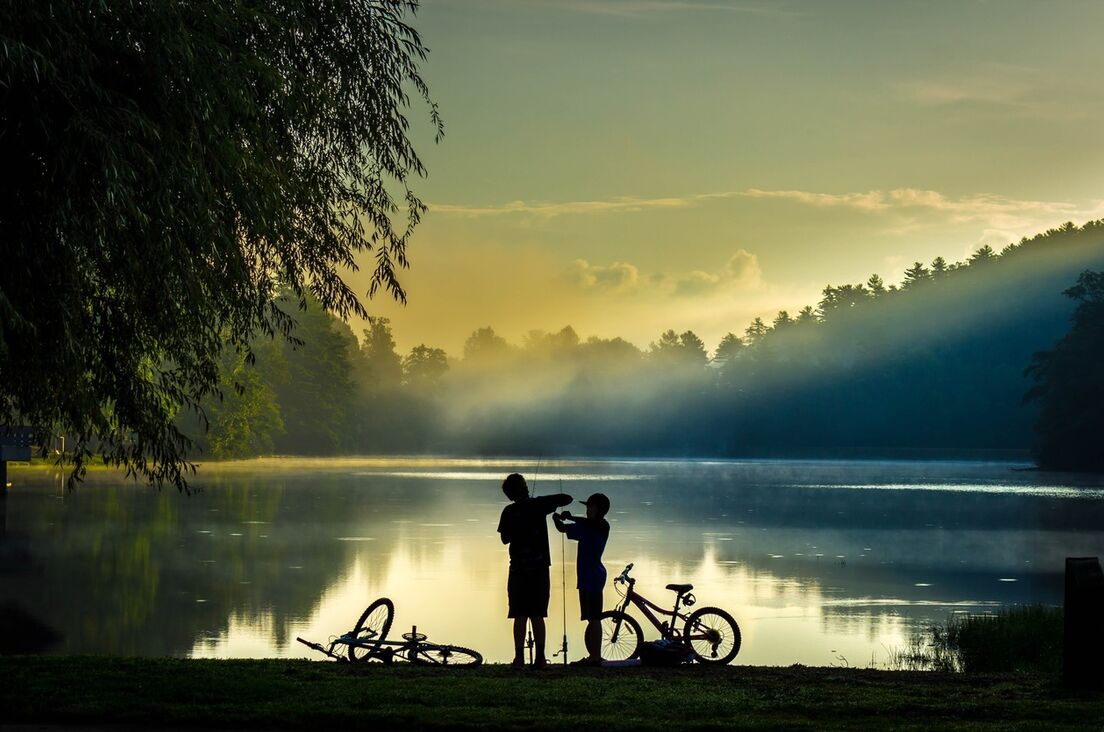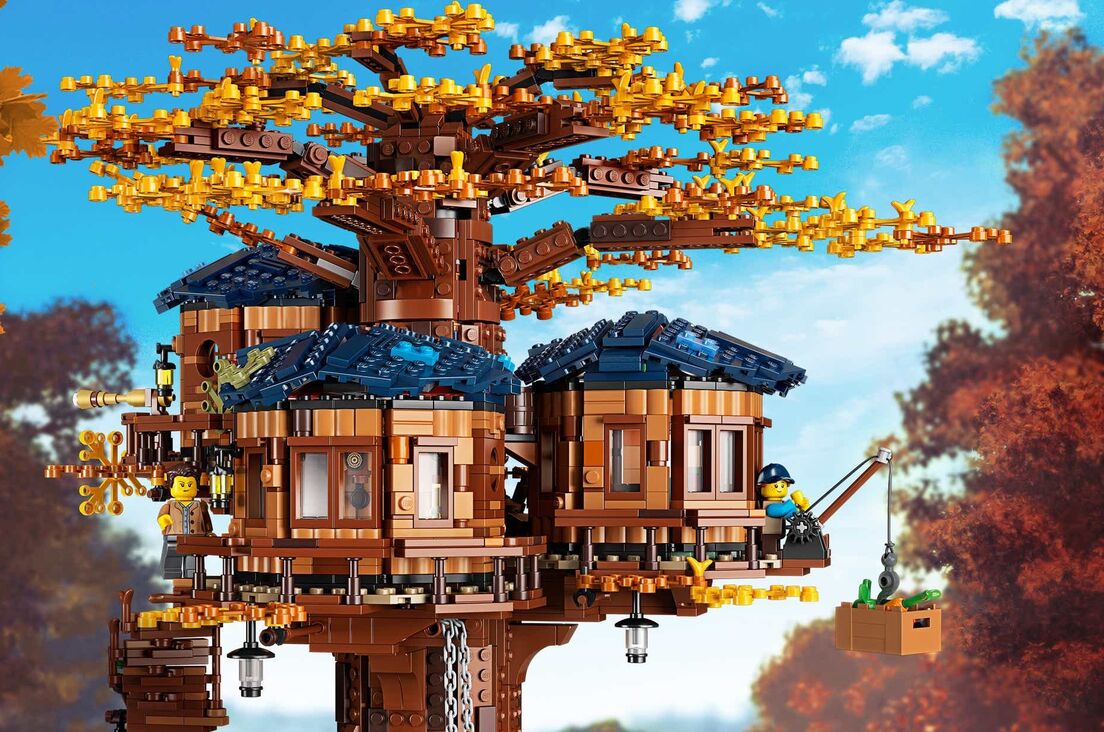Plantaardig pionieren
Het verhaal van twee boeren met een missie: het realiseren van de eerste plantaardige cappuccino op basis van soja van Nederlandse bodem.


Reading time: 5 minutes
By now we all know that mass media discriminates. Negative news just sells better. And according to the news, the end of the world is near. A shame because there is enough reason for cautious optimism. So as a (very small) counter-noise, I will write about innovations and promising initiatives that can help us find our way back to a sustainable food system. And I’d like to kick off with the seed, where it all begins and where true change can happen.

In the same interview Obama talks about how the United States government is trying to initiate ways to get more children and young people to use the National Parks. Because stimulating the youth to interact with their natural treasures is a great way to tackle unfamiliarity and increase involvement.
A great and proven concept of how to involve the youth with their heritage is the culture bonus. The Italian government gives 18-year-olds a € 500,- culture bonus, which they can spend on theatre, concerts, museums, visit archaeological sites, or to buy books. Every year this culture bonus benefits 575,000 teenagers and only costs the government €290 million. Which is a joke if you take in consideration that most cultural attractions are owned by this same government.

LEGO is a company that gets this. They believe that play is essential because when children play, they learn. And LEGO wants children, the builders of tomorrow, to inherit a healthy planet. Fortunately, these are not just pretty promises from a multi-billion euro company. The LEGO Group takes their environmental leadership very serious. They are committed to use sustainable materials in all core products and packaging by 2030.
In 2018 LEGO introduced sustainable elements made from sugar-cane. Which is technically identical to the LEGO we used to play with. These first plant-based plastic LEGO elements are botanical, such as leaves, bushes and trees. So, in an almost symbolic way, playing with plant-based LEGO helps to anchor a child’s affinity for nature in their heart and brain.
A great initiative that takes this even a step further is the Green School. As the name indicates the Green School is green. It is located in the tropical heart of Bali. And the entire complex is made of natural local materials. The school itself has 7 km of bamboo in it.
This kindergarten and primary school practices holism, in the hope that their students graduate as a whole person that will demand a whole world to live on. The school works somewhat like a big family. Students and teachers basically learn from each other and nature. Together they cultivate and cook organic food. And try to find sustainable solutions for everyday needs.
Leaders from all over the world have visited this progressive school system. And it has caught on because we see similar initiatives emerging in Europe and Oceania. As long as we embrace change-makers that believe they can influence the world for the better. And celebrate people that believe we are nature and therefore should be reconnected to it. We and the world will be just fine.